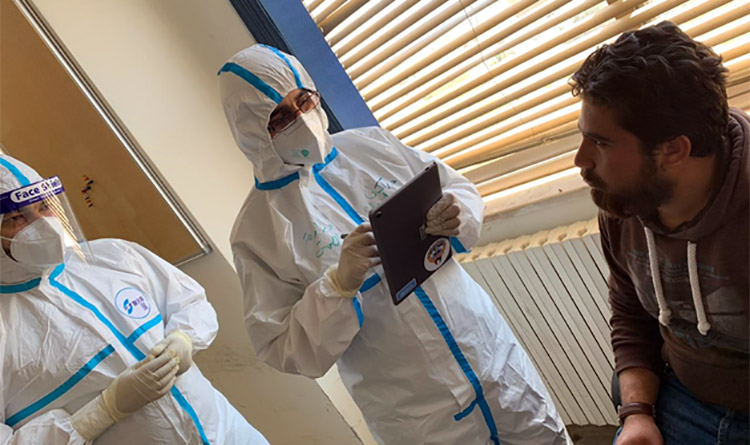
The COVID-19 pandemic has triggered a global surge in demand for health services. As a result, all countries are striving to increase their capacity to test, trace and treat COVID-19 patients while maintaining essential health services. In the current global context, the pandemic is overwhelming the public health system, and turning to the private sector for additional capacity has become an important part of the campaign to save lives.
WHO has developed interim guidance to help governments engage with the private health sector as part of a whole-of-society response to the pandemic and to seek its support in maintaining essential health services. The guidance emphasizes the importance of ensuring a coordinated response with actors in the private sector and civil society, and the need for the governments to be creative in the types of partnerships adopted, flexible in their application of regulations, and strategic in their attempts to cover the costs.
In this context, the WHO Regional Office undertook a study exploring the role of the private health sector in the COVID-19 response. The study will be completed in February 2021 and covers 12 countries of the Region: Egypt, Iraq, Islamic Republic of Iran, Jordan, Lebanon, Libya, Morocco, Palestine, Pakistan, Tunisia, Saudi Arabia and Yemen.















